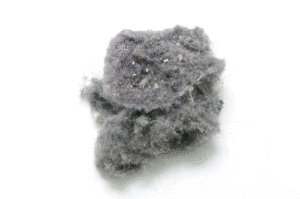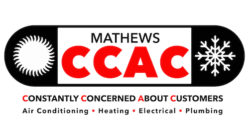
These mites live off dead skin cells and don’t discriminate between humans and animals. The mites are too small to see, and the highest populations are in the bedrooms, beds and bedding, and the closets where dead skin cell populations are high. It’s not the mites themselves that cause allergic reactions, but rather their waste and the skin cells they shed. They contain a powerful protein that causes physical responses.
Besides degrading human health and indoor air quality (IAQ), the dust mite population also harms your forced-air heating and cooling system. Their waste particles are so small that they can cover the parts inside your HVAC system and reduce its efficiency.
The microscopic particles from dust mites can enter the air handler where they coat the blower motor, evaporator coil and heat exchanger found in gas furnaces. Each of these parts lasts longer and runs more efficiently when it’s clean. Over time, dust mite debris can even coat the ductwork.
Controls for Dust Mite Populations
- Opt for a more efficient air filter to help keep your HVAC system cleaner and improve indoor air quality. Check the owner’s manual for your equipment before you upgrade the filter because too dense a filter can harm your equipment.
- Vacuum your home weekly, even if it has hard-surface floors. Sweeping floors increases the volume of dust mite waste and other allergens in the air.
- Launder bedding weekly in hot water and dry it using the hottest setting.
- Keep humidity levels between 30 and 50 percent all year. Mites thrive in humid environments.
- Choose hard-surface flooring or low pile carpet when you need flooring replacements.
For more information about managing dust mites, improving HVAC performance and IAQ, contact CCAC, providing trusted HVAC services for Coastal Bend homeowners.
Our goal is to help educate our customers in Corpus Christi, Texas about energy and home comfort issues (specific to HVAC systems). For more information about indoor air quality and other HVAC topics, download our free Home Comfort Guide or call us at 361-678-2495.
Credit/Copyright Attribution: “Alfonso de Tomas/Shutterstock”












